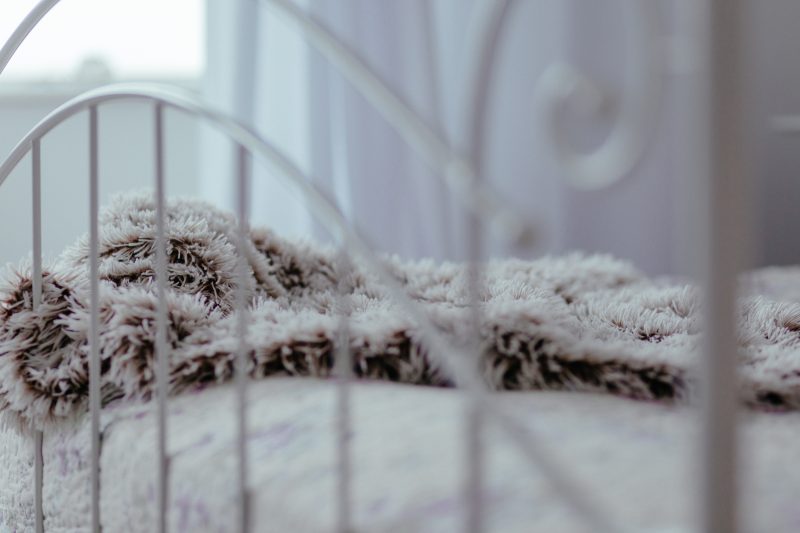SLEEP!
That was a command!
As sleep is a natural activity to us humans, why do so many have trouble with it?
The 2017 Sleep Council’s survey of over 5000 people found that:
- Almost a third of respondents get a poor night’s sleep most nights with over half reporting stress or worry as the cause.
- More than a third have suffered sleeping problems for more than 5 years, a fifth more than 10.
- Over half said a lack of sleep affected their energy and mood, a third said it affected their health and almost a quarter felt it affected their work and personal relationships.
- Almost three quarters sleep less than seven hours a night.
Readers of Matthew Walker’s bestselling book Why We Sleep will find this last statistic alarming. In his book Walker, Professor of Neuroscience and Psychology, straight off tells us the shocking impact on our health of routinely sleeping less than six or seven hours a night. He talks of it wrecking your immune system, more than doubling your risk of cancer and being a key lifestyle factor in whether you get Alzheimer’s disease to name just a few. Walker claims that:
Even moderate sleep reduction for just one week disrupts blood sugar levels so profoundly that you would be classified as pre-diabetic.
He quotes study results which found that:
After being awake for nineteen hours, people who were sleep deprived were as cognitively impaired as those who were legally drunk.
Hopefully reading the above will be suffice for you to prioritise the quantity and quality of your sleep.
I see many people for sleep problems. I ask them to complete a detailed sleep questionnaire to provide me with a deep insight into their problem. I find there are many similar patterns:
- Getting to sleep is a problem for only a few of them.
- For most, the problem is regular 3-4am waking.
- For many this problem has gone on for so long that they now describe themselves as poor sleepers.
What can be done then? Are people born poor sleepers? Is it something they pick up from parents or partners who don’t sleep well? Is it a pattern that’s become an engrained habit? Most importantly, can they improve it?
Yes is the answer. They can not ‘not’ change it. Change is possible with consistent and determined effort. Generally improving sleep requires a multi-angled approach. The two most common problems I find with poor sleepers are:
- Tossing and turning once awake with an active mind. Mostly this coincides with people who are very busy, always on the go with an active mind in the daytime.
- They believe they don’t sleep well which can lead to a Catch 22 situation.
What can be done then? To find out in my special bonus Top Tips (this month on Improving Sleep), sign up here to receive my monthly Think Healthy Be Healthy Newsletter.
For a few wise words on sleep:
Sleep is the best meditation, Dalai Lama
A good laugh and a long sleep are the best cures in the doctor’s book, Irish Proverb
Happiness depends on getting enough sleep. Just that, nothing more.
If you or someone you know would suffer from poor sleep and would like to improve it, get in touch today by emailing me to fix a short telephone chat to see how I can help.
Photo courtesy of Freestocks.org

